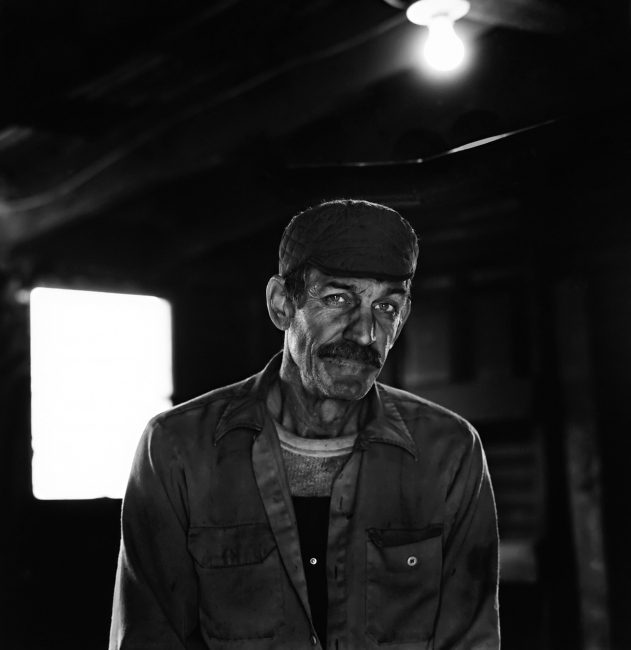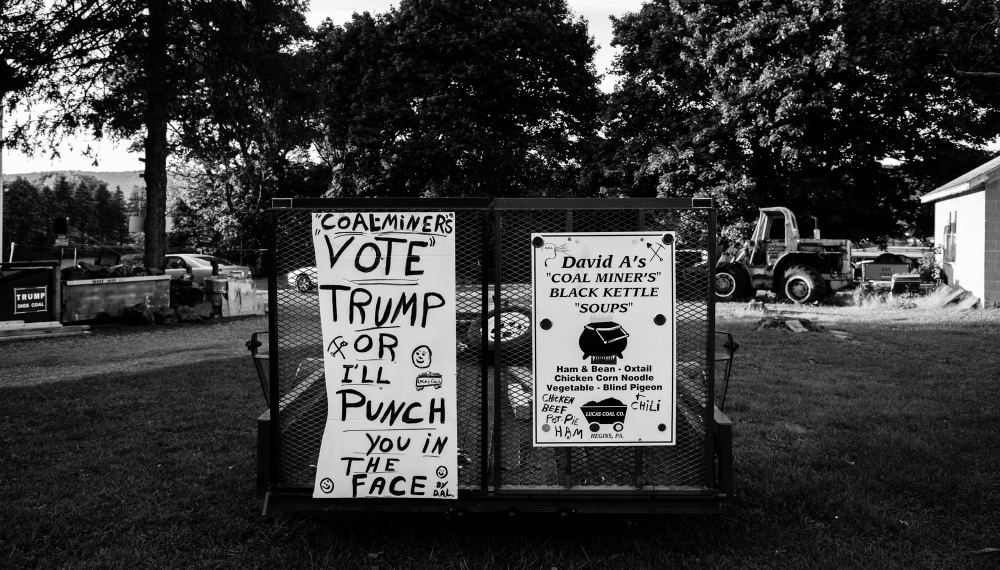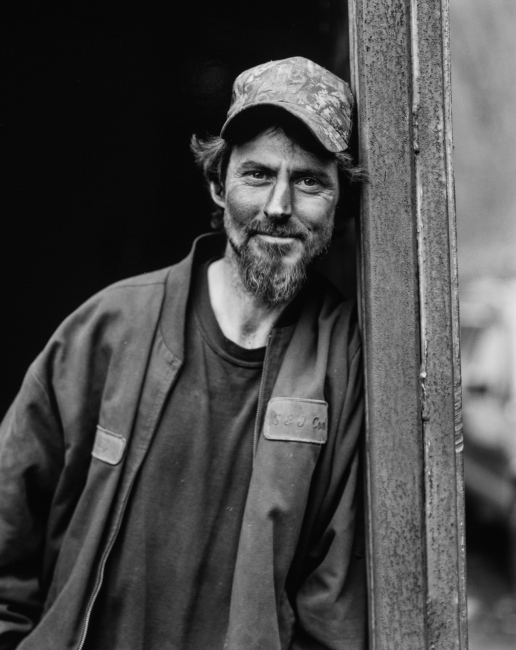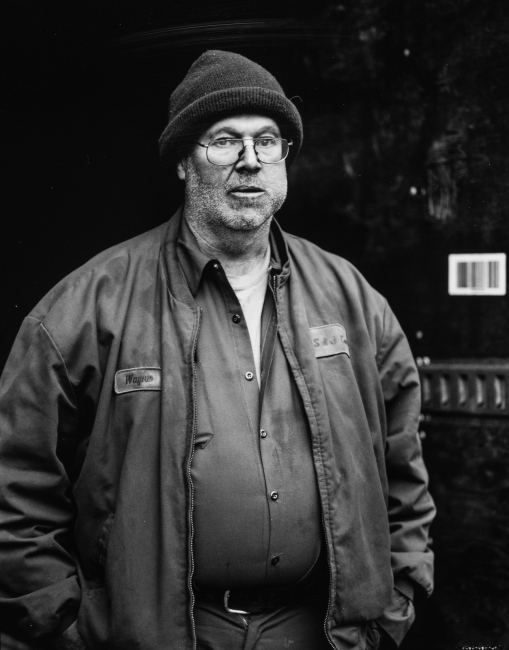Public Project
Hard Coal: Last of the Anthracite Miners
Project Summary
Coal mining was an alien world when I started photographing the tiny ramshackle mines near my Pennsylvania hometown. It took many friend-of-a-friend meetings and trips out to meet mine crews to gain entry to this close-knit society. What I assumed were tough jobs of economic necessity revealed themselves as an intricate brotherhood going back generations, and deeply woven into the community. This has become an ongoing project for me as I document an industry which has become controversial and the people whose ties to it go beyond a paycheck.
Expanded Statement
Hard Coal: the bootleg mines of Pennsylvania
Not many anthracite mines are left in Pennsylvania, fewer than a dozen, and I am documenting their world and the changing landscape, both physical and emotional, left behind as the mining world changes. These are not the big bituminous coal mines run by corporations but small, family-owned bootleg mines, scraping by with an average of four people working in each.
Even though the coal country starts within 5 miles of the farm where I live there is no sign of it when I look out at the fields and woods around me, and I knew no miners personally. It took many "˜friend of a friend' meetings and trips out to suspicious mine crews before the miners became comfortable with me and I with them. This has become an ongoing project for me as I document an industry which has become controversial and the people whose ties to it go beyond a paycheck.
It's become an us-against-them philosophical battle not only for the miners but also for their families and the residents of the struggling towns. I'd assumed that mining jobs were last resort choices in a depressed economy. Instead I found most are doing this not out of lack of other options, but out of love for mining itself. For some going underground is a literal escape from the stressful world. It didn't take long to realize how deeply entrenched in the community mining is, and the honor accorded to those men who do it. That respect is a necessity to them. It gives reason and value to the risks they take. They've been around mines since babyhood. Almost every man they respect is a miner.
Coal miners played a critical role in the election of Donald Trump. Trotted out by the campaign as an example of the hard-working man suffering under liberal regulations, enough voters rallied around the idea to swing several states including Pennsylvania. Their lives, their culture, ended up being a microcosm of the divide in this country and emphasized what I'd discovered when I began this project six years ago: anthracite mining is a culture onto it's own, with values and pride that will resist the changes attempted by outsiders. They don't want to be retrained for other kinds of work. They want their work to be valued, and it is a losing battle.
9,496































